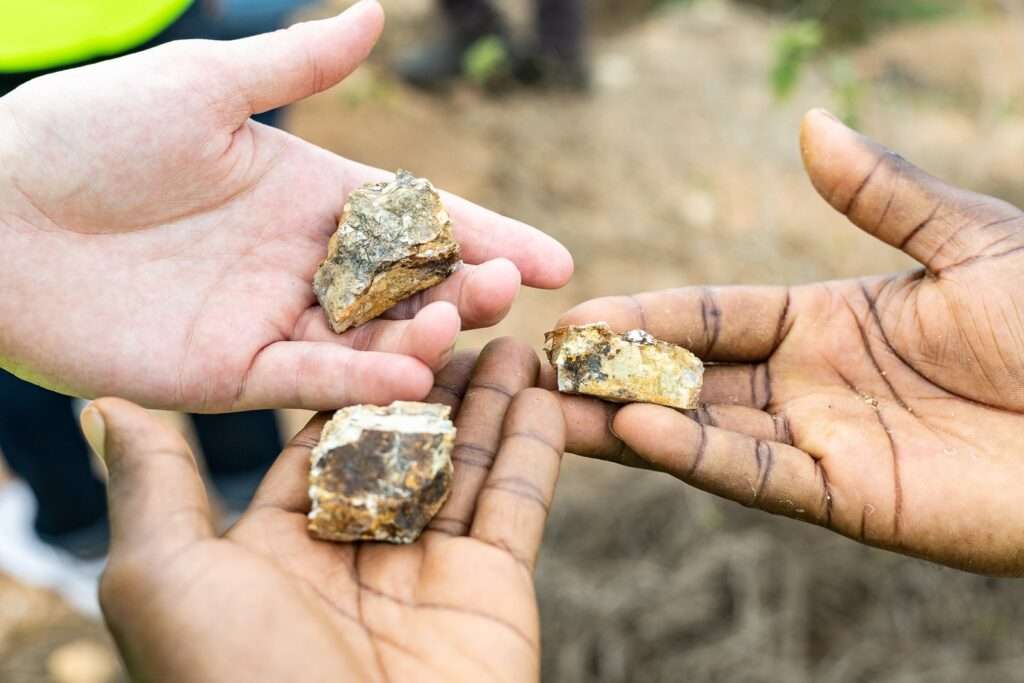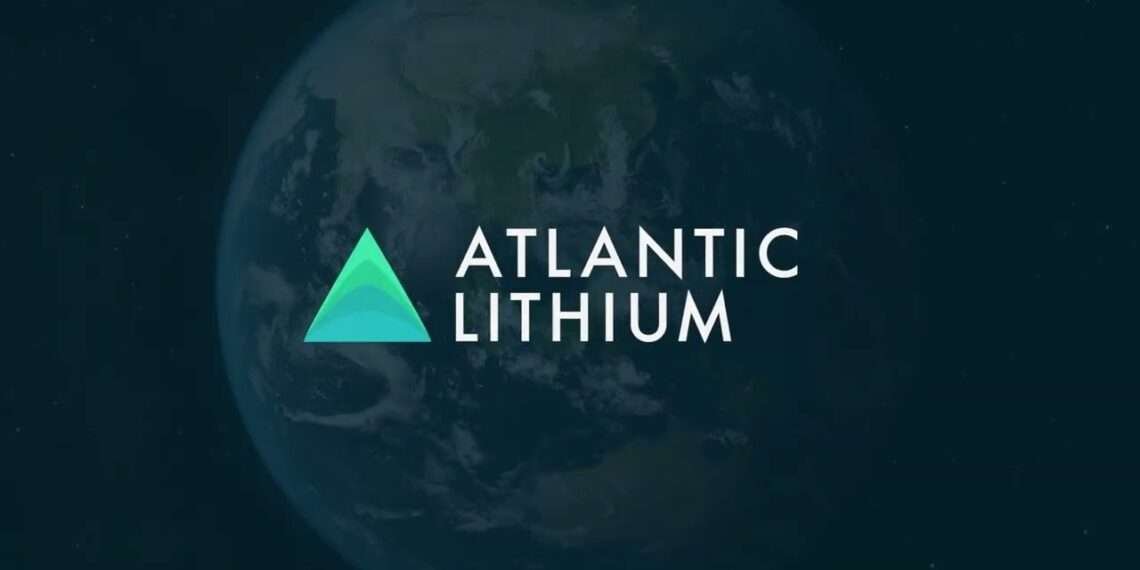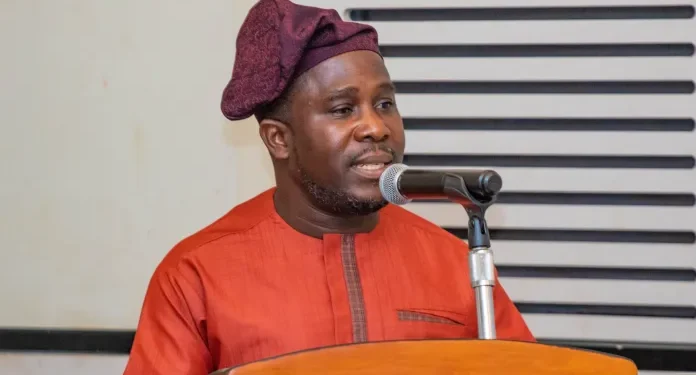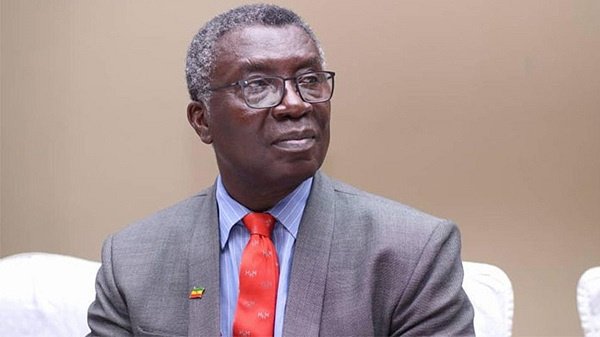Ghana’s Parliament is unlikely to address the ratification of the lithium and bauxite mining agreements before the House concludes its sitting in the coming days.
This decision comes as the Speaker of Parliament, Alban Bagbin, unveiled a list of eight priority bills, leaving out the much-anticipated mining agreements.
The omission has raised concerns among stakeholders, as the agreements are considered critical to the economic development of regions where these resources are located.
The delay has also taken a toll on Atlantic Lithium, an Africa-focused mining firm spearheading the development of Ghana’s first lithium mine. The company expressed disappointment over the prolonged ratification process, which has now spanned nearly 12 months.
Amanda Harsas, Atlantic Lithium’s Director of Finance, disclosed that while the company currently employs around 70 workers, the delay in ratification has forced it to cut jobs.
“This delay is going to affect our timelines, the benefits for Ghana, and for the Central Region. Unfortunately, we had to cut jobs because of the delay,” Harsas said at a mining forum in Accra.
The company has plans to expand its workforce to 900 employees upon the approval of its lease, which is expected to unlock significant economic benefits for the region.
However, the prolonged delay threatens these plans, raising questions about Ghana’s ability to capitalize on its mineral wealth in a timely manner.
The potential delay in ratifying the lithium and bauxite agreements has far-reaching implications. For lithium, the delay threatens to derail Ghana’s ambition to emerge as a key supplier in the fast-growing electric vehicle (EV) and renewable energy markets.
Global demand for lithium is skyrocketing, driven by the shift toward green energy. Missing out on this opportunity could cost Ghana millions in revenue and foreign investment.
Similarly, the bauxite mining agreement holds strategic importance for the country’s industrialization agenda.
Bauxite, a key raw material in aluminum production, is vital for infrastructure projects and global manufacturing. Timely ratification of the agreements could pave the way for value addition and job creation, critical for Ghana’s economic growth.
Concerns from Local Chiefs and Communities

The delay in ratifying the agreements has sparked frustration among key stakeholders, particularly in regions where the minerals are located.
Two paramount chiefs from the Central Region, where significant lithium deposits have been identified, voiced their concerns earlier this year.
The chiefs lamented that the delay in parliamentary approval is depriving their communities of the economic and social benefits associated with lithium mining.
These benefits, they argued, are critical given the region’s high unemployment rates and lack of development.
Lithium, a key component in the production of batteries for electric vehicles and renewable energy storage, has been identified as a transformative resource for Ghana’s economic future.
Its development could create jobs, attract foreign investment, and position Ghana as a significant player in the global energy transition.
The delay has drawn criticism from industry players, local leaders, and analysts, who argue that Ghana risks losing its competitive edge in the global mining sector.
They have urged the government to expedite the ratification process, emphasizing the need for a streamlined approach to approving strategic agreements.
For the affected regions, the delay is seen as a missed opportunity to address longstanding issues of unemployment and underdevelopment.
Stakeholders are calling on Parliament to prioritize the agreements when it reconvenes next year, stressing that further delays could undermine confidence in Ghana’s governance and economic management.
While the eight priority bills listed by the Speaker are undoubtedly important, stakeholders are urging Parliament to ensure that the lithium and bauxite agreements receive the attention they deserve in the coming year.
For now, the mining sector and affected communities are left in limbo, waiting for a resolution that could unlock significant economic potential for the country.
READ ALSO: Stakeholders Advocates for Waste Recycling to Drive Economic Empowerment






















